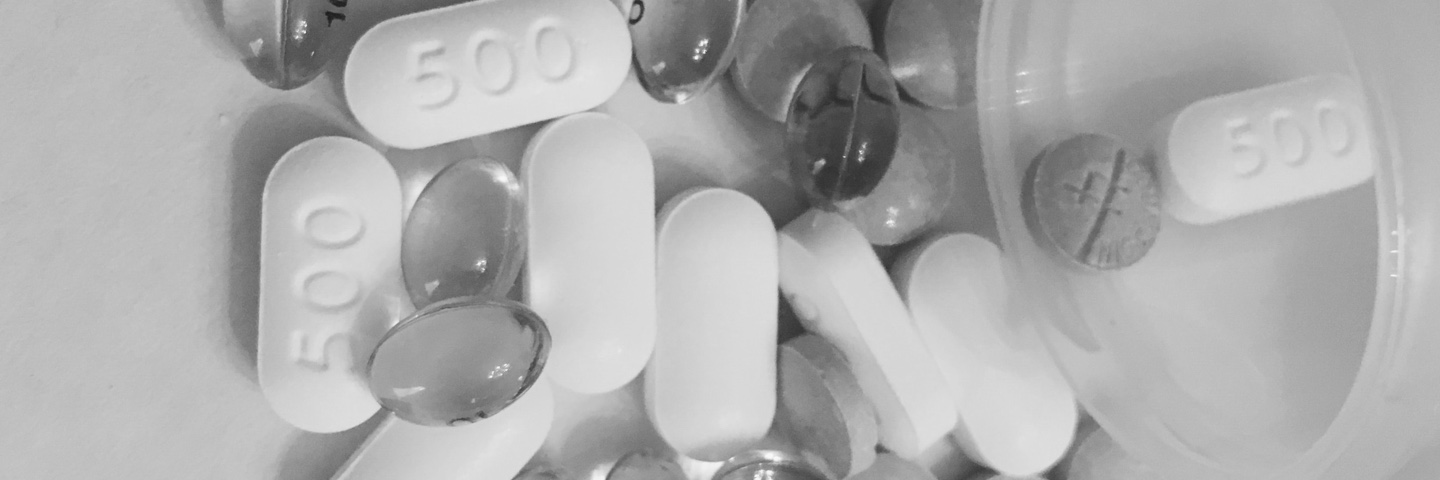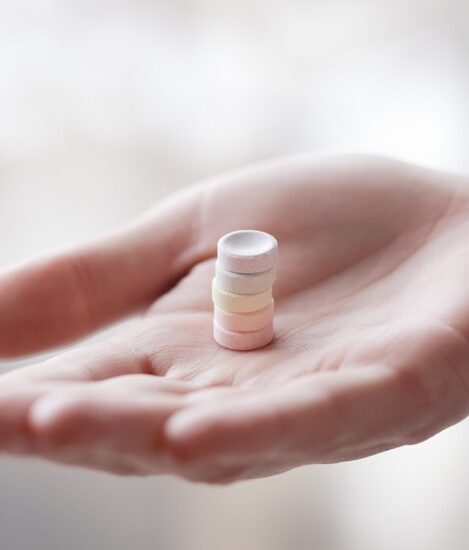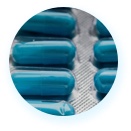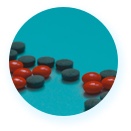According to a study by the Mayo Clinic and Olmsted Medical Center, 70% of Americans regularly take at least one prescription drug, with more than half taking two. Essentially all drugs carry the risk of side effects. However, in most cases, the risks the drug may pose are greatly outweighed by the benefits that it provides. Some drugs have very little risk of adverse effects, while some have a higher risk, but may be necessary to treat life-altering or debilitating conditions.
If a drug’s risk of harm outweighs the benefits of its use, then the drug may be considered dangerous. A drug can also be considered dangerous if it is sold without sufficient warnings about potential side effects, drug interactions, or other risks associated with its use.





